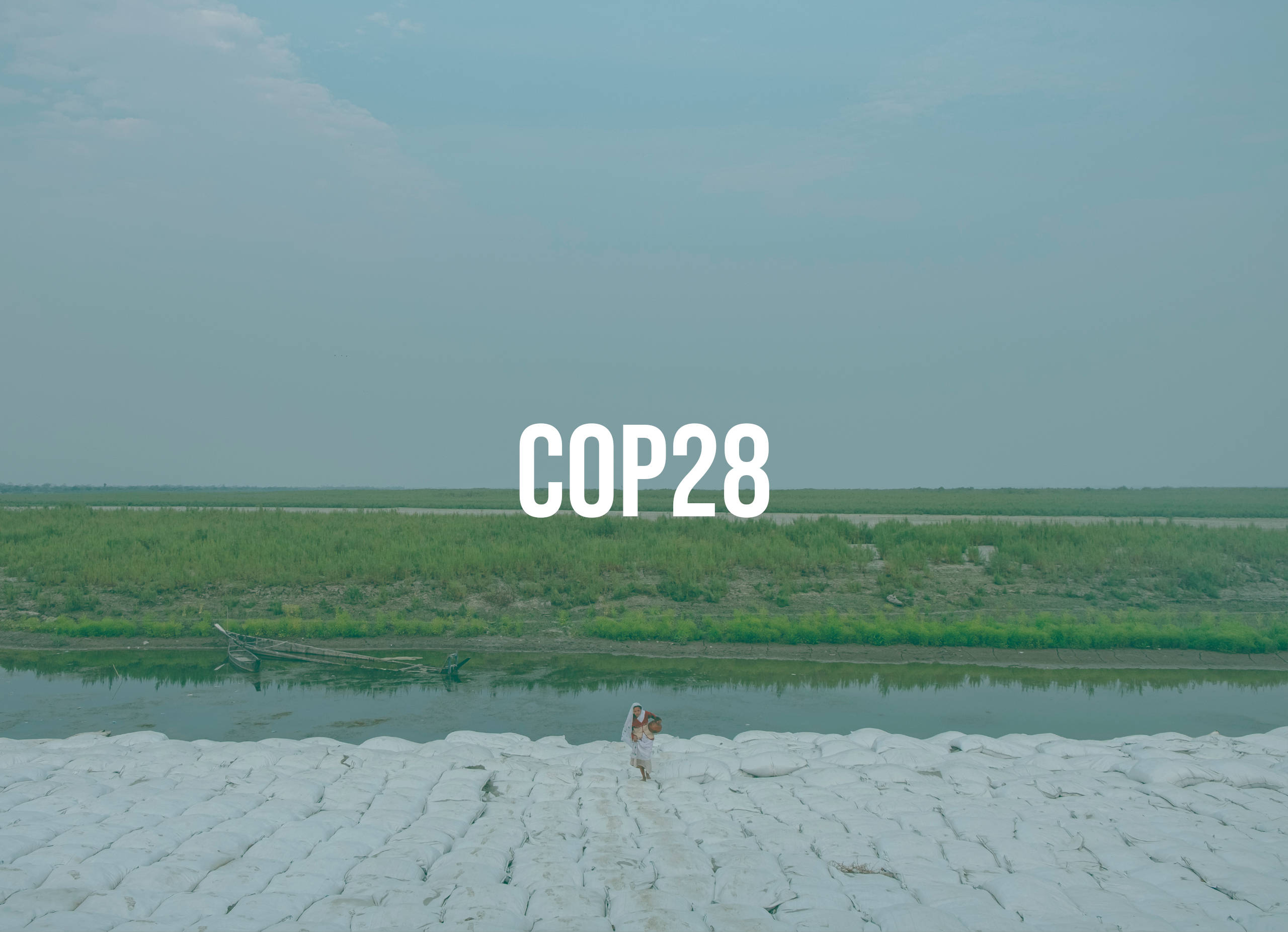Combining short term rescue packages with long term green recovery objectives built on solidarity. Economic recovery must align with the Paris Agreement objectives. The Petersberg Climate Dialogues gathered Minister from 30 countries to debate how to emerge from the coronavirus crisis with more resilient communities.
The Petersberg Climate Dialogue is a regular fixture in the climate negotiations calendar. This year, for the first time, the meeting took place via video link and focused on discussions of how to implement a “green recovery package”, as the global economy reels under the effects of the Covid crisis. Ministers from 30 countries gathered to debate how the international community can emerge from the acute coronavirus pandemic more resilient and more climate-friendly. With the postponement of COP26 the Dialogue offered an invaluable platform for the informal political discussion of international climate policy.
Discussions revolved around the interplay between the need for short term rescue packages to save jobs and ailing industries and a desire to promote a green recovery. Angela Merkel, the German chancellor, described this as “a very difficult debate” and also alluded to the importance of continuing climate finance as industrialized countries seek to save their own economies: “we must fulfill our international commitments so that we have a global success in climate protection”.
Combining short- and long-term priorities
The German environment minister, Svenja Schulze, commented on the need to bailout heavy emitters by making a distinction between short term rescue measures and long term recovery strategies. “We are still in the very midst of the crisis. So what we have are short term funds to help businesses survive this crisis. This is a protective shield for workers and employees”, alluding to a time after the crisis where recovery will include “climate action and social progress” in line with the Paris Agreement objectives.
A distinction that was also echoed by Nick Stern, chair of the Grantham Research Institute on Climate Change and the Environment at the London School of Economics and an advisor to the UK presidency of Cop26 climate talks: “The first weeks and months are for protecting employment and preventing the economy from imploding. That should be the priority.”
At the same time Stern also sought to emphasize that: “Of course energy companies and airlines are going to have to change and you don’t try to wipe them out in the weeks of rescue, what you do is you protect employment and then you move to the encouragement of the change.”
An emblematic case is that of the aviation industry, which has been extremely hard hit by the pandemic and is receiving major bailouts across the globe. In Europe alone, airlines have sought €12.8 billion in government bailouts over the last few months.
On top of bailouts for airlines, many governments are also including fossil fuel industries as part of the economic rescue packages. A stark example is the US, where airline industry bailouts have been handed with no strings attached and environmental regulations have been weekend substantially across the country. Similarly, in China, there is widespread discussion of relaxing restrictions on coal mining and providing incentives and subsidies for fossil fuel vehicles.
The idea is that “green strings” can be attached to recovery packages so as to unite economic recovery with climate objectives.
António Guterres alluded to this when speaking at the Petersberg Climate Dialogue: “Where taxpayers’ money is used to rescue businesses, it must be creating green jobs and sustainable and inclusive growth […] It must not be bailing out outdated, polluting, carbon-intensive industries […] There will be a difficult debate about the allocation of funds. But it is important that recovery programs always keep an eye on the climate. We must not sideline climate, but invest in climate technologies.”
What are the solutions?
One of the main talking points revolved around the role of climate finance. In 2009, developed countries vowed to provide $100 billion per year by 2020 to help vulnerable countries adapt to climate change and mitigate emissions. The current crisis is putting climate finance on hold as developed countries seek to save their own economies. Addressing the Petersberg Climate Dialogue, Indian Minister of Environment, Forest and Climate Change, Prakash Javadekar, called for global leaders to continue supporting climate finance for the developing world: “We must plan for 1 trillion USD in grants to developing world immediately”.
Similarly, Merkel urged governments not to neglect international climate finance, claiming governments should not “try to reduce it in order to save money, but on the contrary to enhance it.”
On top of climate finance, many ministers also stressed the need to ensure an ambitious roadmap to COP26. COP 25 President Carolina Schmidt, Chile’s Environment Minister, took the chance to explain that enhanced NDCs could provide “the blueprint for designing recovery strategies” that are aligned with reducing high emissions levels. Enhancing NDCs is therefore seen as a vehicle for linking climate commitments to the SDGs, whilst nurturing socioeconomic and a more inclusive development, which is critical in recovering from COVID-19 and its economic impacts.
Finally, another major talking point was how to promote international cooperation, the multilateral process, and accelerating action on the ground in the context of travel restrictions and delayed climate negotiations. Japan’s environment minister Shinjiro Koizumi offered to establish an online platform for willing countries to share experiences on the Covid-19 recovery and climate action, so that the use of virtual meetings can continue. This is viewed as a vital component in overcoming the challenges associated with connectivity which is threatening to hinder climate action.
“This would take place ahead of Cop26, maybe later this summer,” explains Koizumi, suggesting that Japan would be willing to provide technical support and work closely with UN Climate Change and the UK, which is hosting Cop26.
According to Frans Timmermans, Former Member of the European Parliament, “We need quick results. That means that we need to identify those sectors of our economy that could quickly transit to a sustainable situation and at the same time create jobs and growth.” Although the 11th Petersberg Climate Dialogue concluded with a commitment to a green recovery built on solidarity and the establishment of priorities and areas of action, how these coordinated efforts will unfold in the immediate future still remains unclear.





